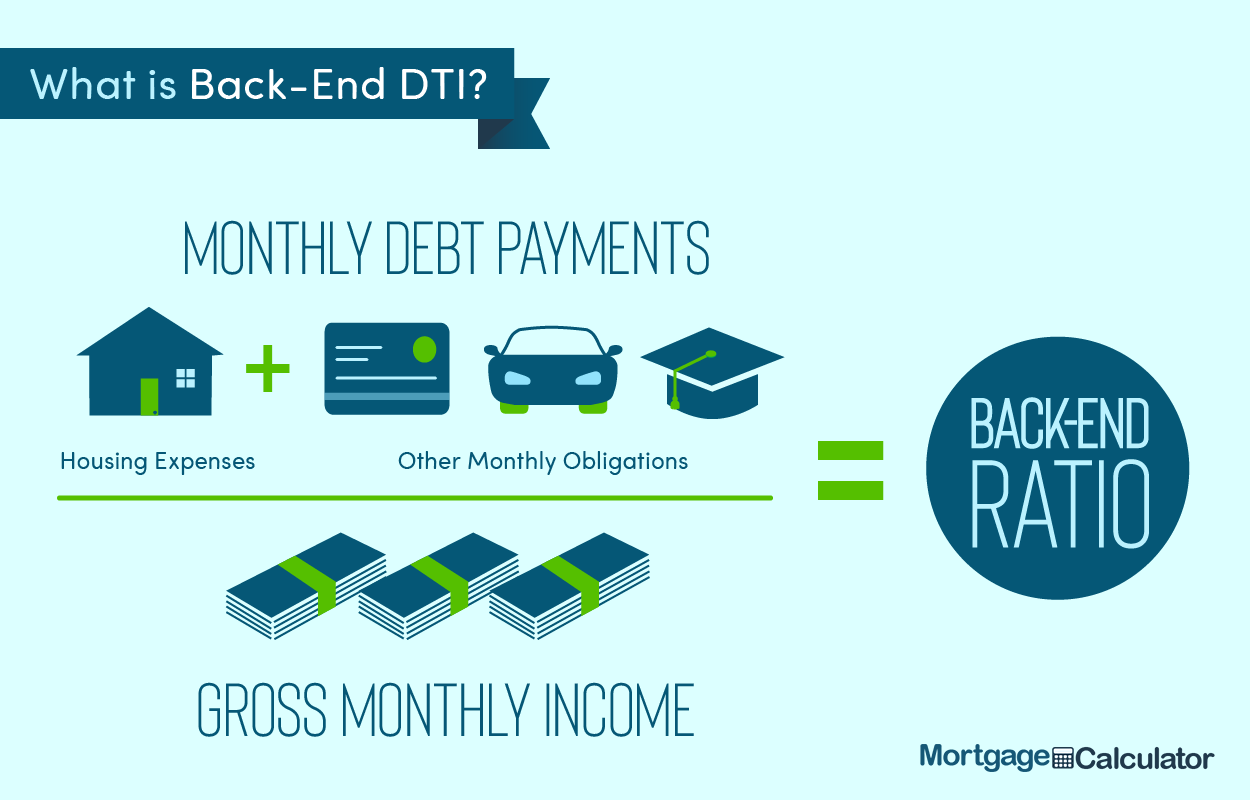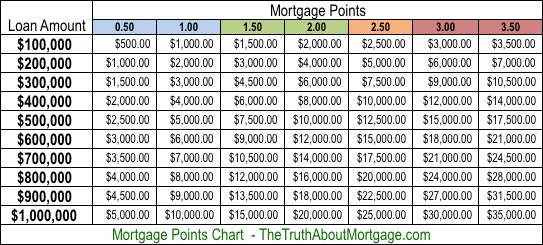Initially, let's discuss what a reverse home mortgage is. A reverse mortgage is created to permit senior older homeowners who own all or the majority of their residential or commercial property to withdraw some of the equity from the house for individual use Recipients can pick to receive the cash as a lump amount, in monthly installments, or as a credit line.
As it is only offered to residents over the age of 62, it is meant to be the last loan an individual will receive on their house in their life time. A reverse mortgage should be paid back when the home stops to be the loan recipient's main home. This can happen when the recipient moves, scales down, has actually remained in the medical facility for over a year, or dies.
Normally, among four things takes place: 1. The recipient's life insurance policy is used to settle the balance of the reverse mortgage. 2. The recipient's beneficiaries sell the residential or commercial property key west timeshare rentals and use the profits to pay off the balance. If the residential or commercial property costs more than the loan was worth, the successors keep the staying equity.
3. The recipient's beneficiaries refinance and get a new mortgage on the house in order to keep the residential or commercial property. (It is possible to have both a reverse mortgage and a regular mortgage on the very same home, as long as the regular mortgage has a low loan balance). 4. If the successors take no action within the allocated duration of time, the bank will foreclose on the house to recover the loan.
More About What Does It Mean When People Say They Have Muliple Mortgages On A House
Be sure to look thoroughly at the regards to a reverse home mortgage before taking one out, as some loans can bring high costs and interest rates.
If you take out a reverse mortgage, you can leave your house to your beneficiaries when you pass away, but you'll leave less of a possession to them. Your heirs will also require to handle repaying the reverse home mortgage, and they might face significant issues while doing so, otherwise the lender will foreclose.
A "reverse" home mortgage is a particular type of loan in which older homeowners convert some of the equity in their home into cash. The cash is usually dispersed in the kind of a lump amount (subject to some constraints), month-to-month quantities, or a credit line. You can likewise get a mix of month-to-month installations and a line of credit.

This kind of loan is various from regular "forward" home loans since with a reverse mortgage, the lender makes payments to the house owner, rather than the homeowner paying to the lending institution. Since the homeowner gets payments from the lending institution, the homeowner's equity in the property decreases in time as the loan balance gets bigger.
The 15-Second Trick For Individual Who Want To Hold Mortgages On Homes
With a HECM, the loan needs to be paid back when one of the following occasions occurs: the debtor dies the house is no longer the borrower's principal residence (or the borrower vacates permanently or leaves due to health factors for 12 successive months or longer) the debtor sells the house (or transfers title), or the borrower defaults on the terms of the loan, like by failing to keep up with insurance premiums or real estate tax.
But they won't receive title to the property totally free and clear because the residential or commercial property goes through the reverse home mortgage. So, state the property owner dies after receiving $150,000 of reverse home loan funds. This suggests the successors inherit the house topic to the $150,000 debt, plus any charges and interest that has accumulated and will continue to accrue till the debt is settled.
1. Pay back the loan. (With a HECM, the heirs can pick to repay 95% of the appraised worth themselves and keep the home. FHA insurance coverage will cover the remaining loan balance.) 2. Offer the home and use the earnings to pay back the reverse home mortgage. (With a HECM, the heirs can sell the home for the total of debt owed on the loan or an amount that is at least 95% of the existing assessed worth of the property.) 3.
4. Do nothing and let the lending institution foreclose. According to an U.S.A. Today short article from December 2019, heirs who desire to pay off a reverse mortgage and keep the home frequently deal with months of red tape and disappointment when dealing with the loan servicer. Inferior loan maintenance practices often impede what ought to be regular documents, debt calculations, and interactions with borrowers or successors.
Some Of What Kind Of Mortgages Do I Need To Buy Rental Properties?
The servicer also designated the house as vacant and shut off the water in the name of residential or commercial property preservation, and scheduled a foreclosure sale. This circumstance is not uncommon. The U.S. Department of Housing and Urban Advancement (HUD), the regulator of HECMs, has standards that say servicers of these loans should inform survivors and heirs of their alternatives and fix the loan within six months of a death.
If they're selling the home and it's still on the marketplace after six months, or they're still actively seeking financing, beneficiaries can get in touch with the servicer and demand a 90-day extension, based on approval by HUD. Another 90-day extension can be asked for, once again with HUD's approval. However that standards don't prevent the servicer from pursuing a foreclosure during this time.
While you face delays or roadblocks due to a concern with the property's title, an approaching foreclosure, or an absence of information from the servicer, you'll need to spend for the house's maintenance, taxes, and insurance coverage, and interest and charges will continue to accumulate on the financial obligation while you attempt to exercise any of the above choices (how to reverse mortgages work if your house burns).
Reverse mortgages are complicated and are often not the very best alternative for older homeowners seeking access to additional money. Prior to securing a reverse mortgage and using your home equity, you must make certain to explore all of the choices available to you. For example, you might receive a state or regional program to lower your expenses or you could think about downsizing to a more budget-friendly house.
Our For Mortgages How Long Should I Keep Email Statements
aarp.org/revmort. Despite the fact that you'll need to finish a counseling session with a HUD-approved counselor if you wish to get a HECM, it's also extremely recommended that you consider speaking to a monetary planner, an estate planning lawyer, or a customer security attorney before taking out this sort of loan.

Upon the death of the borrower and Qualified Non-Borrowing Spouse, the loan becomes due and payable. The successors have thirty days from getting the due and payable notice from the loan provider to buy the house, sell the home, or turn the house over to the loan provider to satisfy the financial obligation.
Your heirs can speak with a HUD-approved real estate counseling firm or an lawyer for additional information. Some successors might lack funds to pay off the loan balance, and may need to offer the house in order to pay back the reverse home loan. With a reverse mortgage loan, if the balance is more than the home deserves, your heirs don't need to pay the distinction.